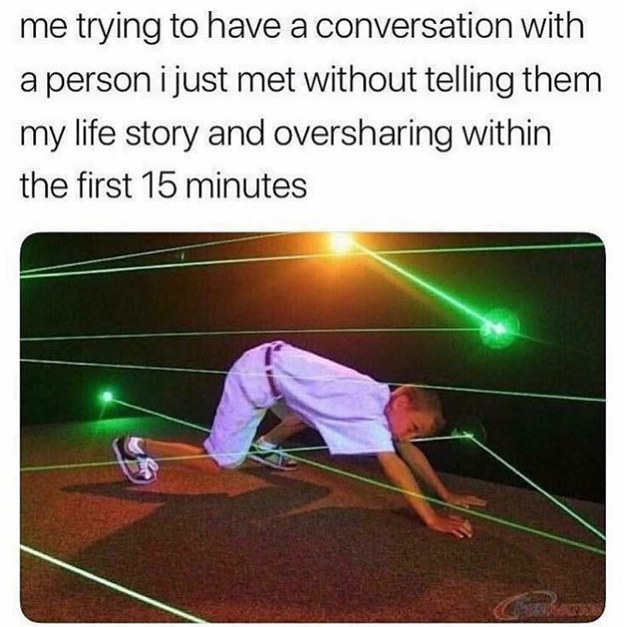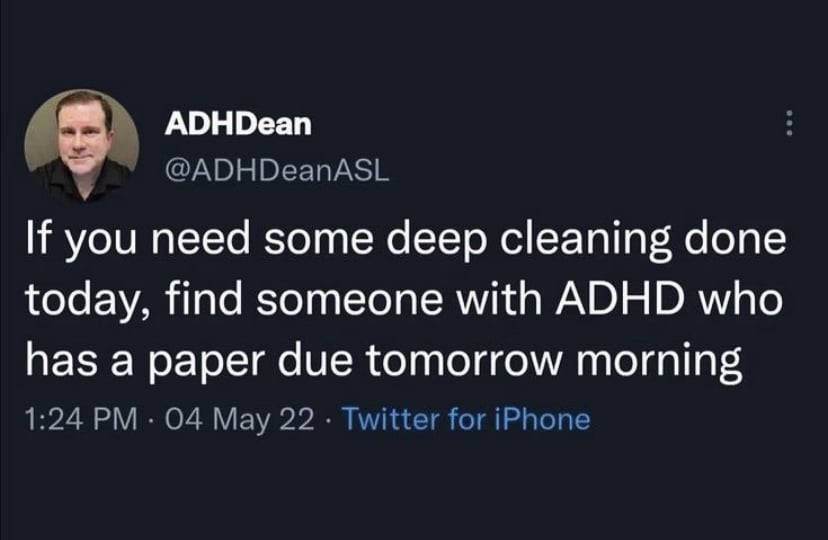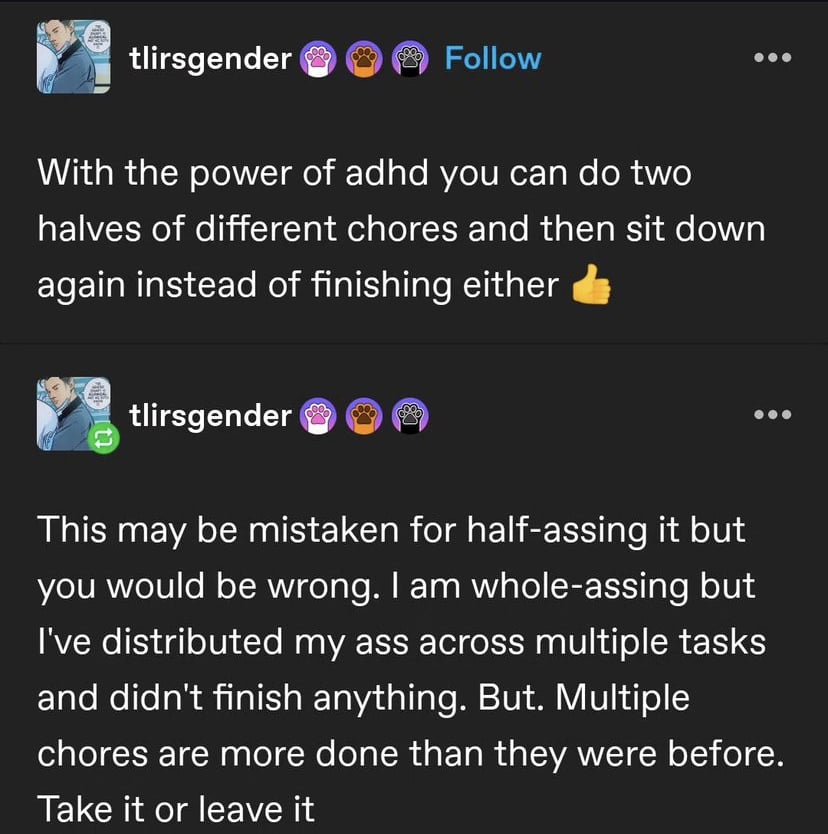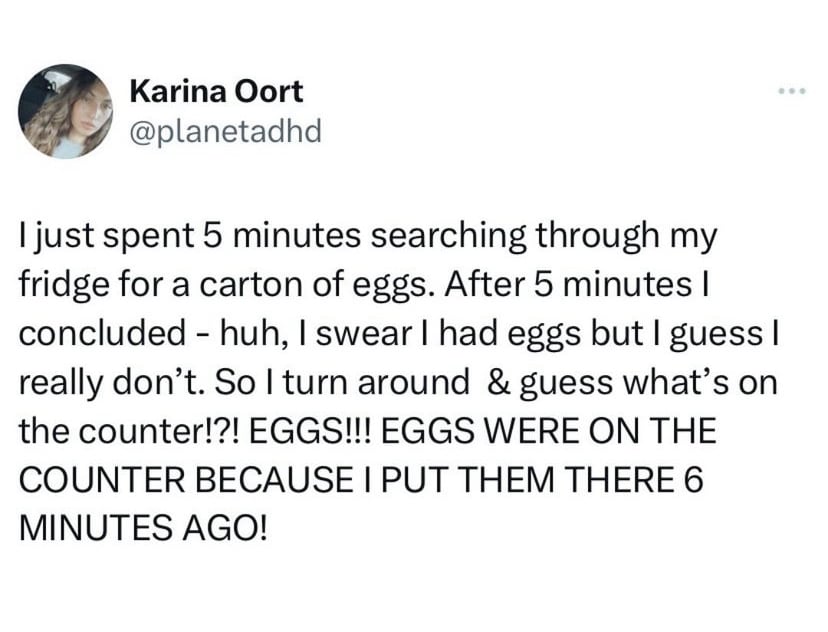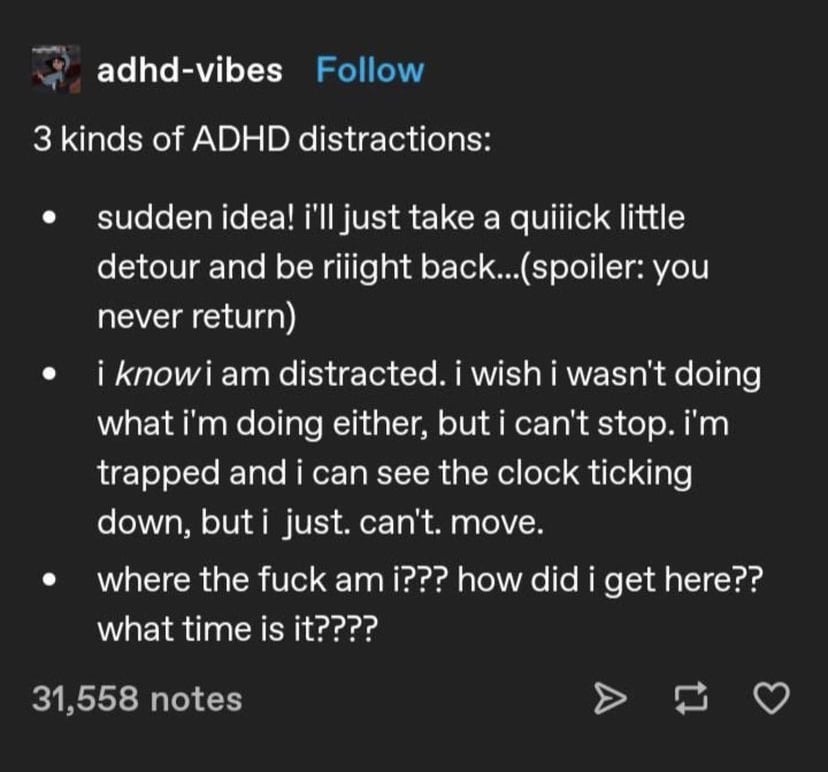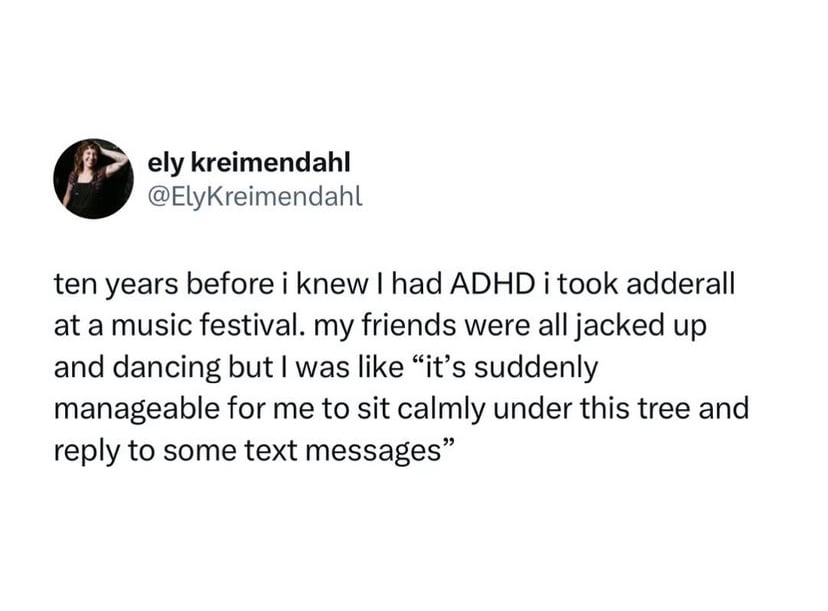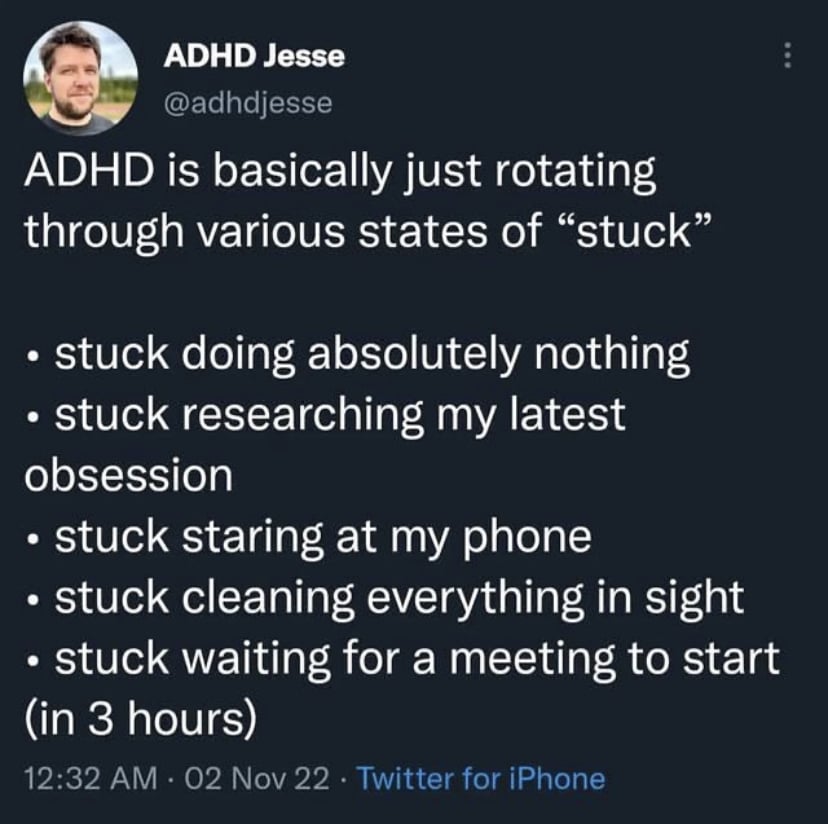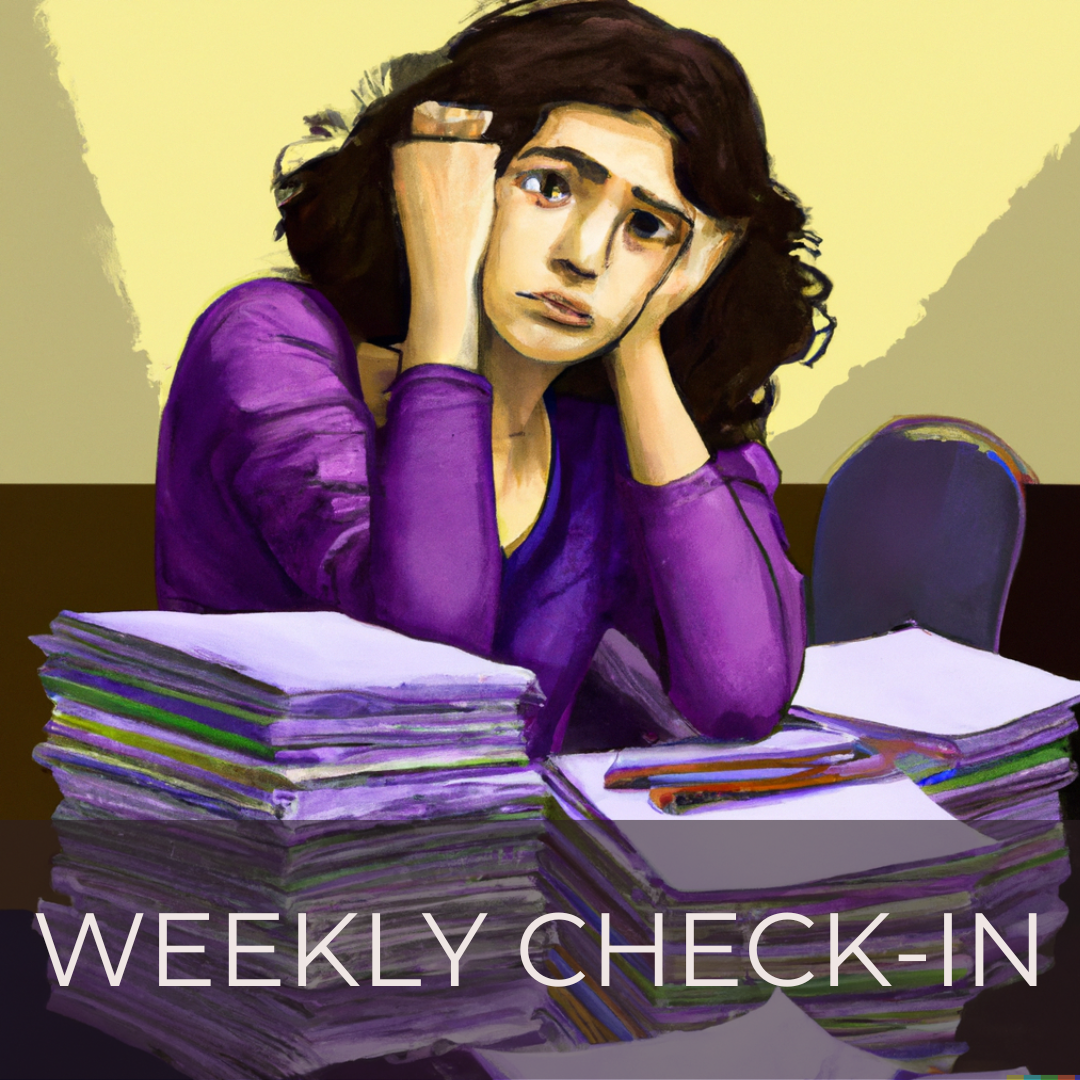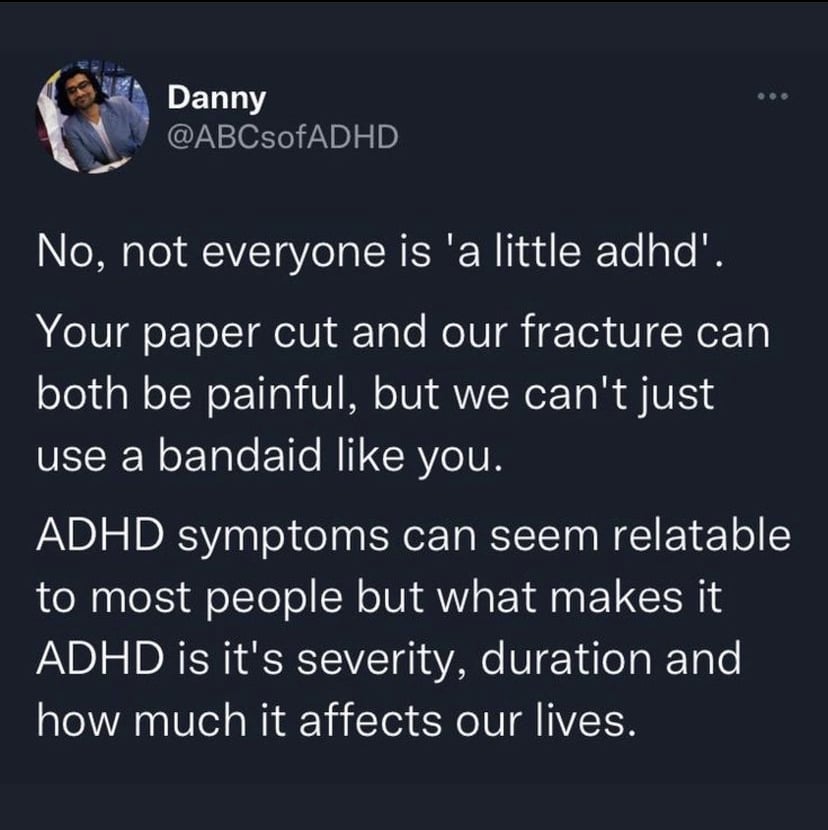ADHD Women
1921 readers
1 users here now
A community for women to find support and discuss living with ADHD.
founded 1 year ago
MODERATORS
1
2
3
4
5
6
7
8
9
10
11
12
13
14
15
16
17
18
19
20
21
22
23
24
25
view more: next ›

